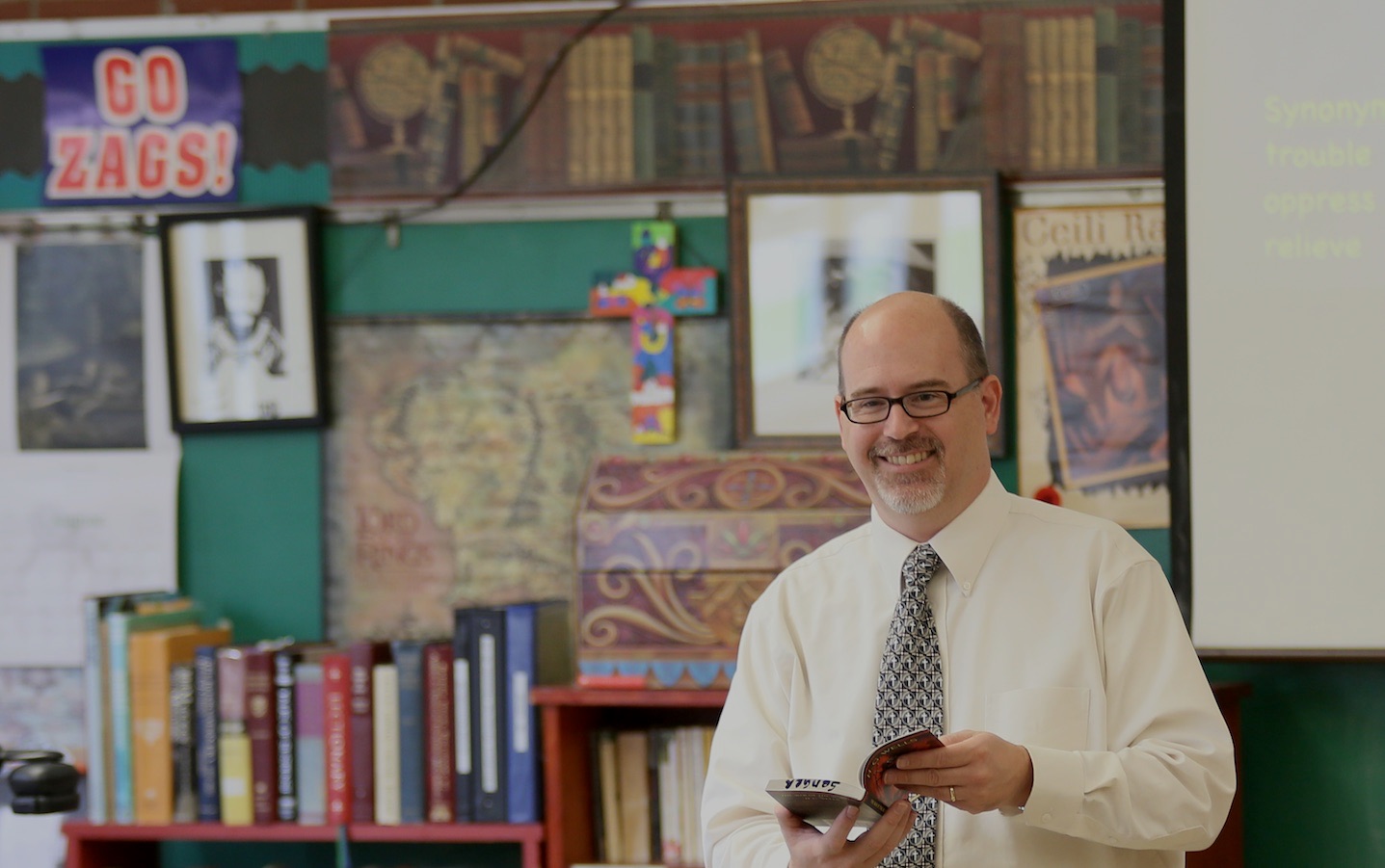Sitting at home sick today I discovered–thanks to tweets by Barb Gilman and Nancy Caraminico–that it was Catholic Media Promotion Day. I don’t know how I missed hearing about this, but I’m glad I found out in time. According to the CMPD Facebook page, Catholics with blogs should post their favorites in the following categories:
- 3 blogs
- 3 podcasts
- 3 other media
- 3 random Catholic things online
- their own projects
In addition, Catholics are asked to visit iTunes and leave 3 positive review for podcasts and apps.
Here are my contributions, heavily biased by my current interests in Catholic education and deacon formation:
Blogs that I Never Skip:
- The Deacon’s Bench – Of all the blogs I read, I look forward to this one the most.
- Engaging Faith – Superb effort from Ave Maria Press to share practical lesson plans and activities for Catholic educators and catechists.
- CNS Blog – An essential source for Catholic news.
Podcasts I Can’t Do Without:
- The Reason for Our Hope – The most refreshing homilies I’ve ever heard. Brutally honest, opinionated and inspired.
- CatholicTV Newsbreak – An excellent resource to use in the classroom.
- Divine Office – A beautiful podcast of the Liturgy of the Hours.
Other Must-See Media
- Catholic TV, iCatholic Digital Magazine and the iCatholic Community – I can’t say enough about how much I admire and appreciate what the Archdiocese of Boston is doing in the realm of new media. Between their TV network, their digital magazine, their gorgeous iPad app and their online community, they are paving the way for Catholic evangelization in the 21st century. This is what all Catholic media should aspire to–high quality in every respect.
- iBreviary Pro Terra Sancta – This is the greatest Catholic app in iTunes, hands down. The complete Liturgy of the Hours, Mass readings, Catholic rites, prayers–and all for FREE. An absolute must for all Catholic iPhone, iPod or iPad users. There is no reason for this app not to be on the mobile Apple device of every Catholic.
- ACE Advocates for Catholic Schools – If you care anything at all for Catholic education, then I implore you to join this initiative from the University of Notre Dame. ACE Advocates will keep you up to speed on Catholic school initiatives and events, and connect you with others who share the same love for Catholic education.
3 Random Catholic Things Online
- The Catholicism Project – The greatest Catholic media project of 2011; look for it this September
- Catholic Bestsellers on the Kindle from Amazon.com
- The Goodreads Catholic Book Group – If you belong to Goodreads, be sure to “friend” me there.
My Own Projects:
- Catholic School Chronicle
- Website – You’re here; stay current on Catholic school news, events and resources by subscribing via RSS or email using the links in the right sidebar.
- Facebook page – Connect with CSC on Facebook by liking the Catholic School Chronicle Facebook page. Be sure to leave your own thoughts, comments and resources on our wall. We’d love to hear about the positive impact of Catholic education in your community.
- Catholic School Chronicle on Twitter – A steady stream of Catholic school news.
- ROMAN Reading – Support literacy and independent publishing by purchasing ROMAN Reading: 5 Essential Skills for Transforming Your Life Through Literature. This practice edition includes stories by Chekhov, Tolstoy and Dickens, and is also available in ebook format. Perfect for students of all ages.
- Catholic School Minute – Finally, announcing our newest initiative, Catholic School Minute, student-produced news for Catholic classrooms. Look for a full article about this crowd-source project in the days to come, but here’s a brief summary:
- Catholic School Chronicle is calling on all Catholic teachers who use technology in the classroom to have their students create one-minute videos of Catholic news items. Once these videos are posted on YouTube they can be added to the Catholic School Minute blog feed so that Catholic schools all over the country can use these videos in the classroom with students.
There were many great blogs and resources that I would have liked to list above. For more of my favorite Catholic media sites, see the related posts below and the Links of Interest in the left sidebar.




 Anyone who teaches school knows that one way to connect with students is to talk movies with them.
Anyone who teaches school knows that one way to connect with students is to talk movies with them.